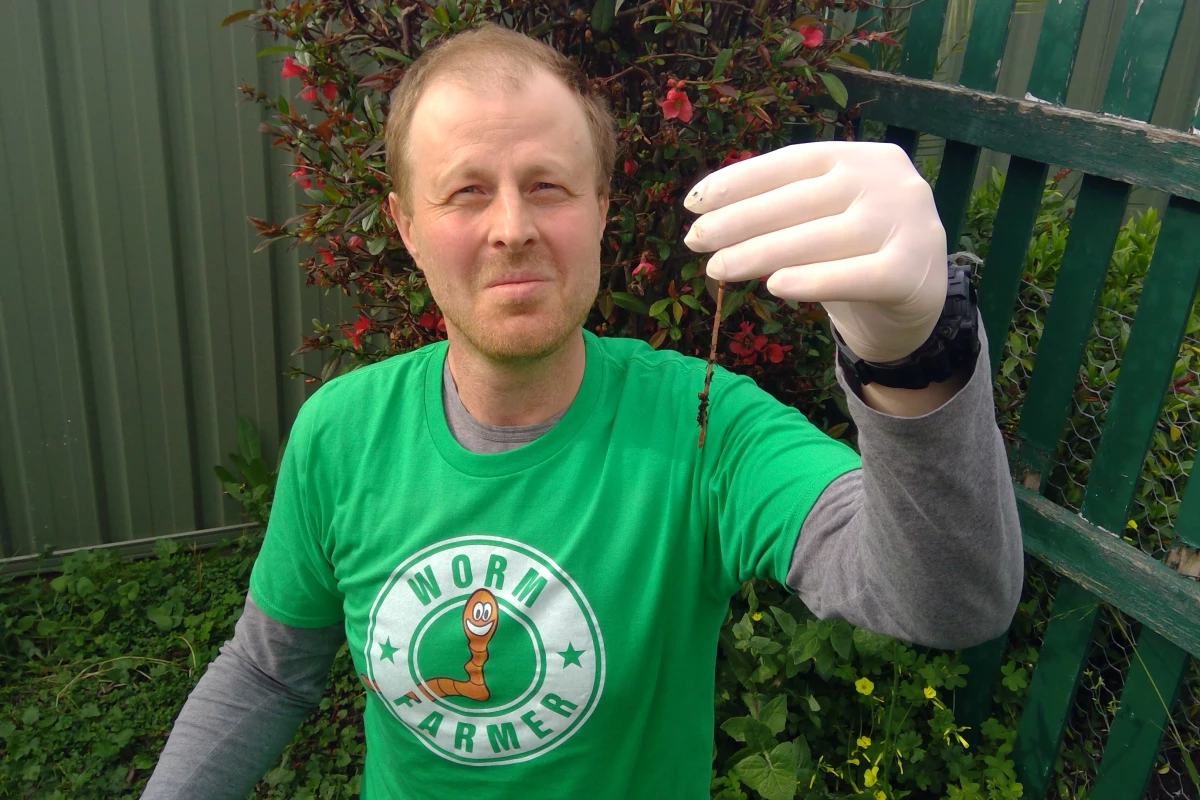For three decades, the Ig Nobel Awards have celebrated the lighter side of science by highlighting research achievements that “first make people laugh then make them think.” And there’s no shortage of amusing projects amid the 2020 crop, with alligators made to bellow in helium chambers and drunken earthworms that vibrate on speakers just a couple of peculiar experiments to catch the judges’ eyes.
This year marks the 30th instalment of the Ig Nobel Awards, and follows a 2019 event that offered plenty of useful and comical scientific revelations. Last year we learned how much saliva a five-year-old child can produce in a day, just how dirty polymer bank notes can be and how wombats manage to produce cube-shaped poo. And in 2020 the weird science has kept on coming.
Taking out the Acoustics Prize was an international team of scientists investigating the bellows of crocodilians. To do so, the researchers induced and recorded female Chinese alligators bellowing in an airtight chamber, and had some of them inhale a mix of helium and oxygen to increase the velocity of their cries. Sounds like these guys would be a big hit at a crocodile birthday party.
In another creative approach to animal science, scientists in Australia were investigating how the human brain functions by studying what happens to earthworms when they vibrate at high frequency, but not without getting them drunk first. The slightly inebriated earthworms were placed atop sub-woofer speakers, with the scientists using the “subharmonic body waves” they create to explore the role nerve-based electrical pulses and sound wave signals might play in the brain. The researchers earned the 2020 Ig Nobel Prize for Physics for their efforts.
“Earthworms were used because they are cheap, don’t require ethics approval, and their axons are somewhat similar to mammalian nerve fibers,” says Swinburne University’s Dr Ivan Maksymov. “Plus, one can easily anaesthetise a worm using vodka.”
Winner of the Entomology Prize was American Entomologist Richard S Vetter, whose study “Arachnophobic Entomologists: When Two More Legs Makes a Big Difference,” revealed that many entomologists are afraid of spiders (which aren’t insects). The Medicine Prize, meanwhile, was awarded to scientists from the Netherlands and Belgium who first diagnosed the medical condition of Misophonia, the distress caused by having to listen to others chew.
For their pioneering work demonstrating that knives made from frozen human poo don’t work too well, a team from the UK and US took out the Material Science Prize, while the Economics Prize went to a team exploring the relationship between national income inequality and the frequency of mouth-to-mouth kissing.
The full list of 2020 award winners is available at the source link below and the ceremony can be watched in the video below.
Source: Improbable Research, Scimex




